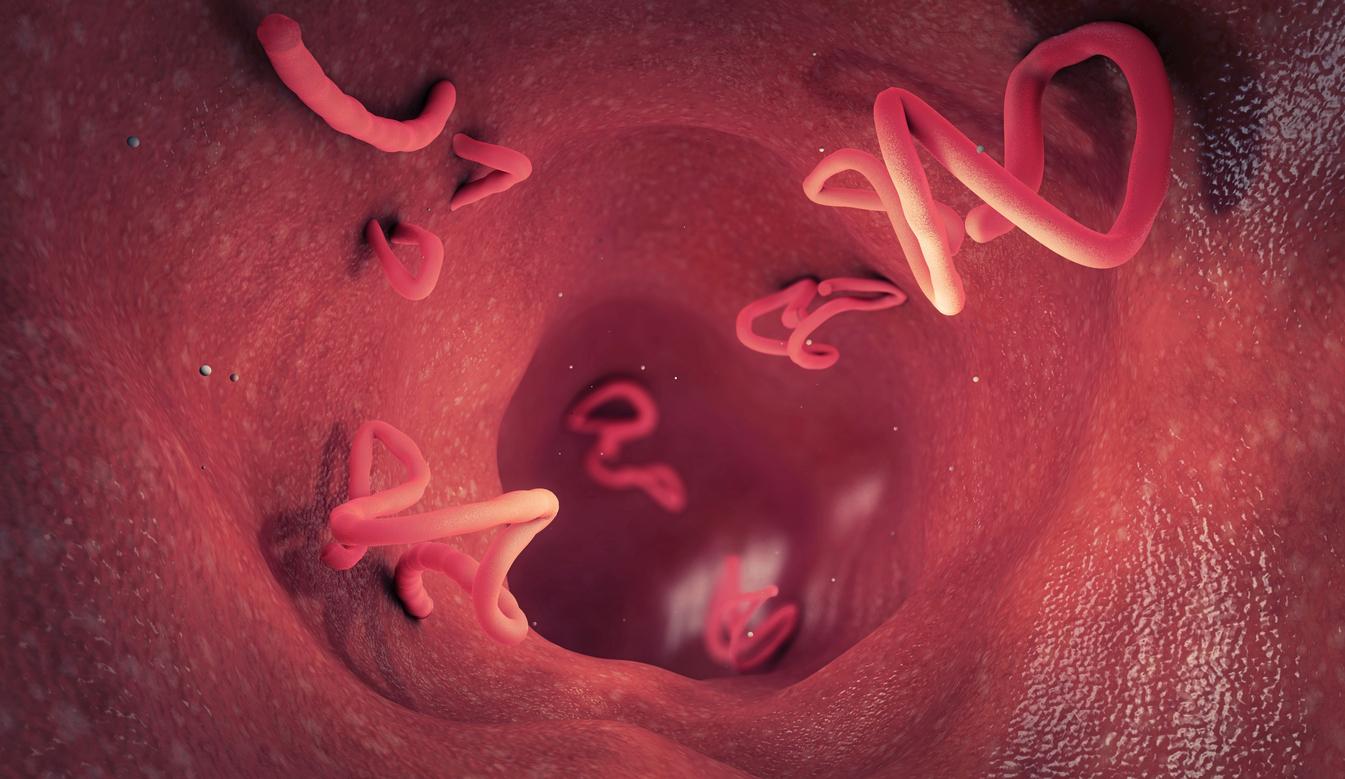According to Sir Terence English, a heart transplant pioneer in the United Kingdom, transplanting pig hearts to humans will be possible within three years.

“The transplantation of pig hearts to humans will be possible within three years”. Forty years after performing the first successful heart transplant in the UK, Sir Terence English spoke about the controversial method of xenograft, which proposes to transplant organs from certain animals to humans, in the Sunday Telegraph. Because one of his assistants during the 1979 operation is currently preparing to perform a pig kidney transplant to humans, the 87-year-old doctor announced in this interview published on Friday August 17. A world first.
If it succeeds, this operation which will take place “before the end of this year” will open the way to more complex transplants, such as that of the heart. “If the result of xeno-transplantation is satisfactory for humans with pig kidneys, it is likely that the heart will be used with good effects in humans within a few years,” explains the British cardiac surgeon. “If it works with a kidney, it will work with a heart. This will transform the question”, he assures, aware of the controversies that this will generate.
“Animal rights activists will say that’s a bad thing, but if you can save a (human) life, isn’t that slightly better?” he asks.
Great anatomical and physiological similarities with humans
Scientists have been studying pig organs for several years now. These animals have great anatomical and physiological similarities with humans, they could open the way to many new treatments.
In August 2017, Harvard researchers made headlines by announcing the possibility of transplanting pig organs into humans. In their study published in the journal Science, they revealed that they had succeeded in preventing the systematic rejection of porcine tissue by the human body. While the transplant had previously been impossible due to a cancerous virus contained in the DNA of the pigs, the scientists succeeded in extracting it. The animals then lived in good health with functional organs that could potentially be transposed to humans.
Thousands of people waiting for heart transplants worldwide
In addition, numerous heart xenotransplantation experiments have been carried out on primates over the past three years. In 2016, scientists notably succeeded in pig transplants in baboons, very close to humans, with a record survival time for grafts of two and a half years.
If successful, cardiac xenografting could be a game-changer for the thousands of people awaiting heart transplants around the world. Currently, only 3,500 heart implants are performed each year worldwide. Thus, the number of transplant recipients stagnates while the needs increase. In France, where 467 heart transplants were performed in 2017, more than 700 patients are now on the waiting list for a heart transplant.
.











-1730888646.jpg)




